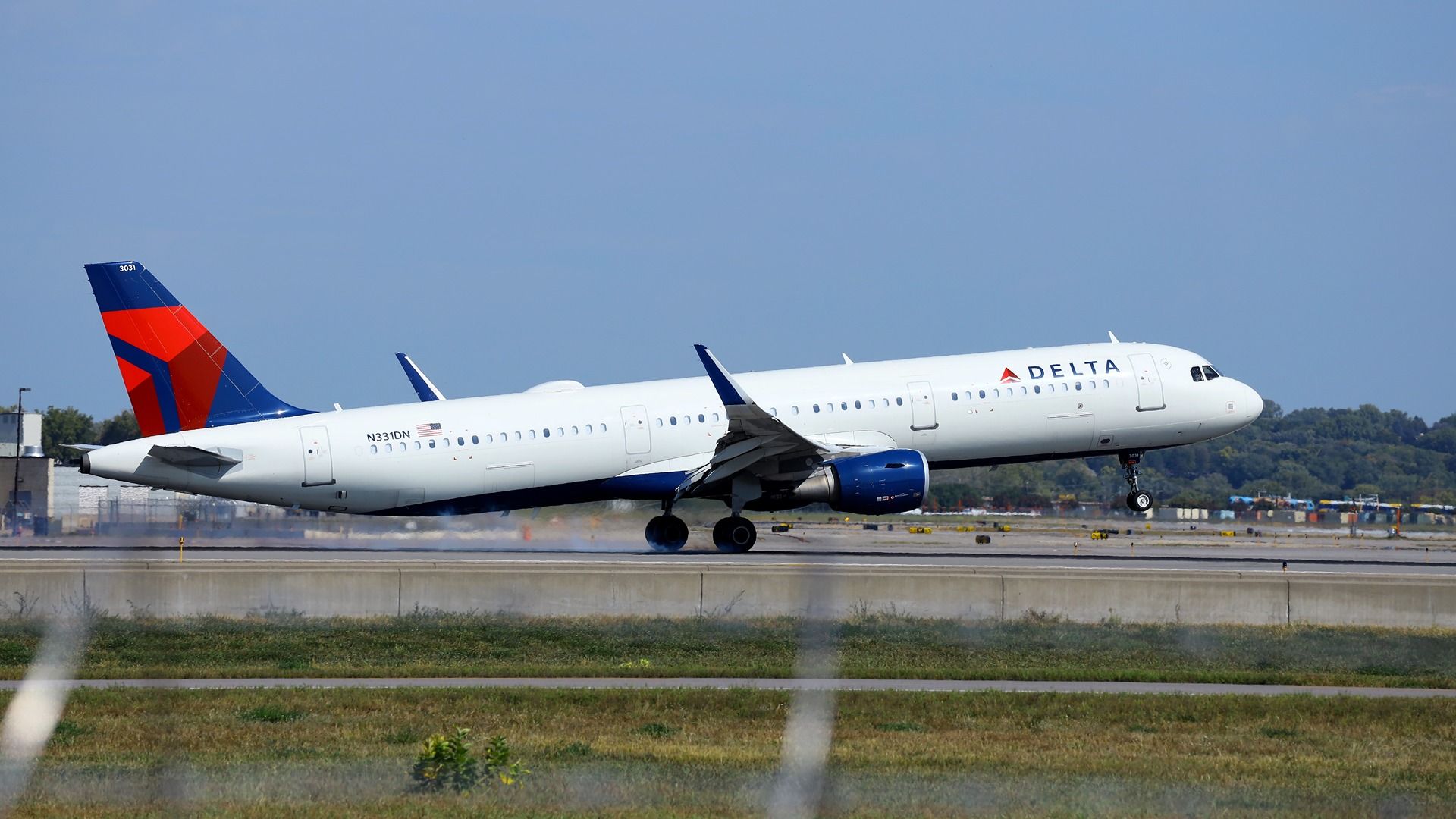Flight delays affect not only passengers but also airline ground crews, as highlighted by Delta Air Lines mechanic Joe Tedesco. These delays lead to increased pressure on maintenance teams, rising operational costs, and a host of challenges that extend beyond the tarmac. From urgent repairs to managing tight schedules, the impacts ripple through every aspect of airline operations.
Ground crews face significant strains during flight disruptions. When incoming planes are delayed, maintenance staff scramble to address issues that could arise, such as repairs to lavatories or technical equipment. The consequence of these delays is not only increased stress but also the potential for missed connections and heightened operational costs for airlines like Delta. According to Tedesco, the chaotic nature of the job can turn a “normal” day into a hectic one, filled with unexpected challenges.
The Life of a Maintenance Technician
Tedesco, who works at Delta’s technical operations base located at Minneapolis-St. Paul International Airport (MSP), began his career as an aviation technician in Arizona, where he repaired helicopters. In December 2022, he transitioned to his current role, where he performs a variety of tasks under immense pressure. He describes a love for aviation, stating, “I love seeing things take flight. Aircraft and birds have always captivated me.” This passion for flight drives him, even on challenging days when he must rapidly scale the side of an aircraft to fix equipment.
The role demands a high level of technical proficiency and the ability to stay calm in chaotic situations. Ground crew members must navigate the complexities of aircraft systems and diagnose problems quickly. The stakes are high; a maintenance error can have serious consequences. Tedesco emphasizes the importance of maintaining safety standards, even when faced with the temptation to expedite repairs.
Weathering the Elements
Seasonal weather conditions further complicate the job. In winter, MSP is known for its harsh cold, which presents additional challenges for ground crews. The combination of sub-zero temperatures, strong winds, and snow creates a physically demanding work environment. Staff must wear multiple layers to protect against frostbite, while also managing the risks associated with operating machinery on slick surfaces.
During peak travel times, like the Christmas season, the pressure intensifies. Ground crews must handle a surge in passenger traffic, requiring them to unload and reload baggage quickly while ensuring safety protocols are followed. Tedesco explains that the influx of travelers often leads to tarmac congestion, making the job even more challenging. “Every aspect of ground operations is strained during the Christmas rush,” he notes.
Similarly, summer brings its own set of difficulties, especially in hot climates like Arizona. Ground workers face extreme heat, which increases the risk of dehydration and heat exhaustion. The combination of physical labor and soaring temperatures can be overwhelming. To mitigate these risks, airports implement various safety measures, such as hydration breaks and cooling equipment.
Despite these challenges, many in the ground crew find their work rewarding. The camaraderie developed in high-pressure situations fosters a sense of teamwork among staff. Those who thrive in fast-paced environments often find a clear career path, from ramp agents to aircraft maintenance technicians. Experienced technicians can earn over $80,000 annually, making these positions highly sought after in the aviation industry.
Ground crews play a crucial role in ensuring the smooth operation of airlines. They are responsible for getting planes back into service efficiently, which directly affects passenger experiences. As Tedesco puts it, “We make the difference in crises by returning planes to service, resolving make-or-break problems for passengers and pilots.”
The dynamic nature of the air travel industry offers unique challenges and learning opportunities. For those who enjoy solving problems and working as part of a team, a career in aircraft maintenance or ground operations can be both fulfilling and stable, even in the face of economic fluctuations.





































































